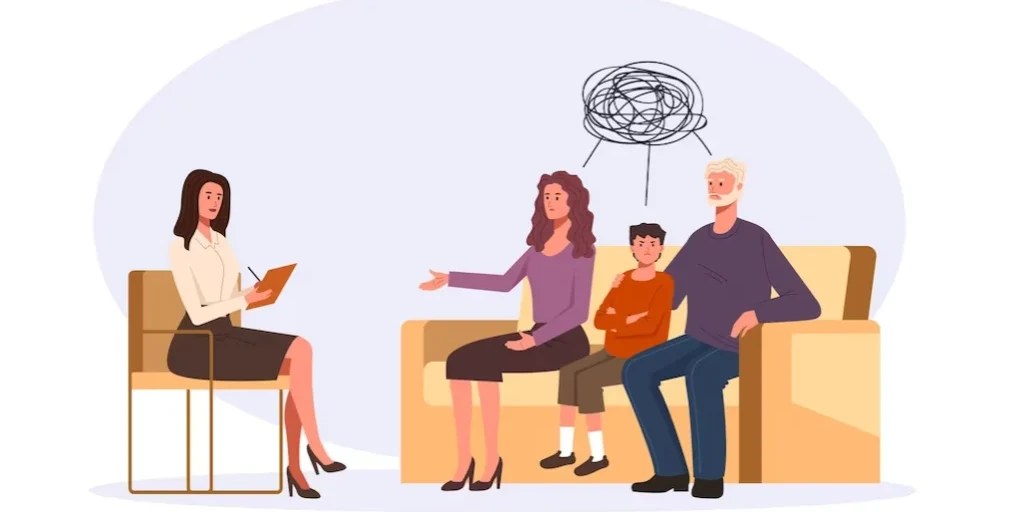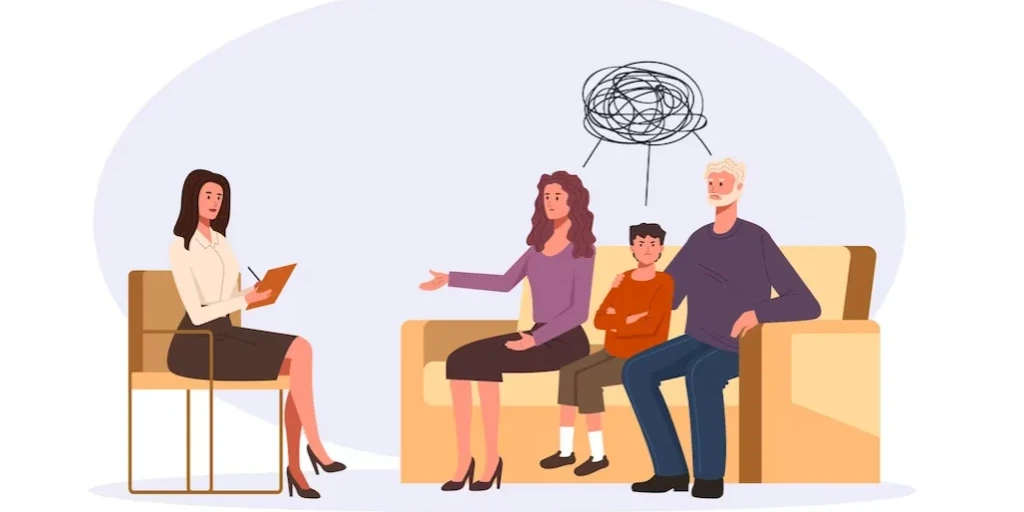24/7 Helpline:
(866) 899-221924/7 Helpline:
(866) 899-2219
Learn more about Dialectical Behavior Therapy centers in Castro County

Other Insurance Options

Sutter

EmblemHealth

Anthem

Health Choice

Meritain

Optum

Molina Healthcare

Covered California

Health Partners

Holman Group

BHS | Behavioral Health Systems

Private insurance

Regence

American Behavioral

MVP Healthcare

United Health Care

Self-pay options

Health Net

CareFirst

Optima















Dimmitt – Outpatient
Dimmitt – Outpatient is a private rehab located in Dimmitt, Texas. Dimmitt – Outpatient specializes ...











